Wasp and hornet control in Vancouver
Fast & Affordable Wasp Nest Removal Services
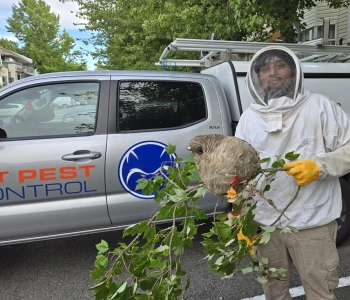
Wasp nests in a home can pose a variety of problems and risks for homeowners. Firstly, the presence of a wasp nest can be a significant safety hazard, as disturbed wasps may become aggressive and sting humans or pets in defense of their nest. Stings from wasps can be painful and, in some cases, trigger severe allergic reactions.
Additionally, the constant buzzing and activity of wasps near the nest can be unsettling and disrupt outdoor activities or relaxation in the affected area. Wasp nests near entryways or windows can also deter homeowners from enjoying their outdoor spaces or ventilating their homes properly.
Furthermore, some species of wasps can cause structural damage to the home if the nest is located in or near the building, leading to costly repairs and maintenance. Overall, the presence of a wasp nest in a home can create a stressful and potentially dangerous situation that requires prompt and professional intervention for safe removal and prevention of future infestations.
Where Wasps & Hornets Build Their Nests
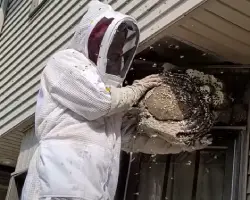
Under Roof Eaves & Gutters
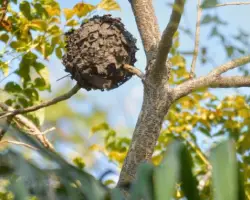
In Trees, Bushes, & Shrubs
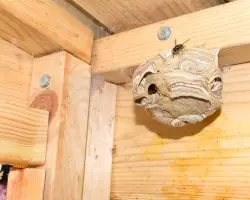
Inside Sheds, Decks, & Outdoor Furniture
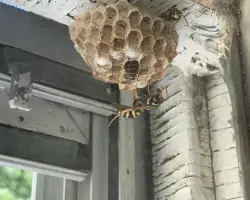
Near Windows & Entry Points

New to 1st Pest Control?
Enjoy 10% OFF your first treatment service.
Enter Code NEW10 in the contact form



